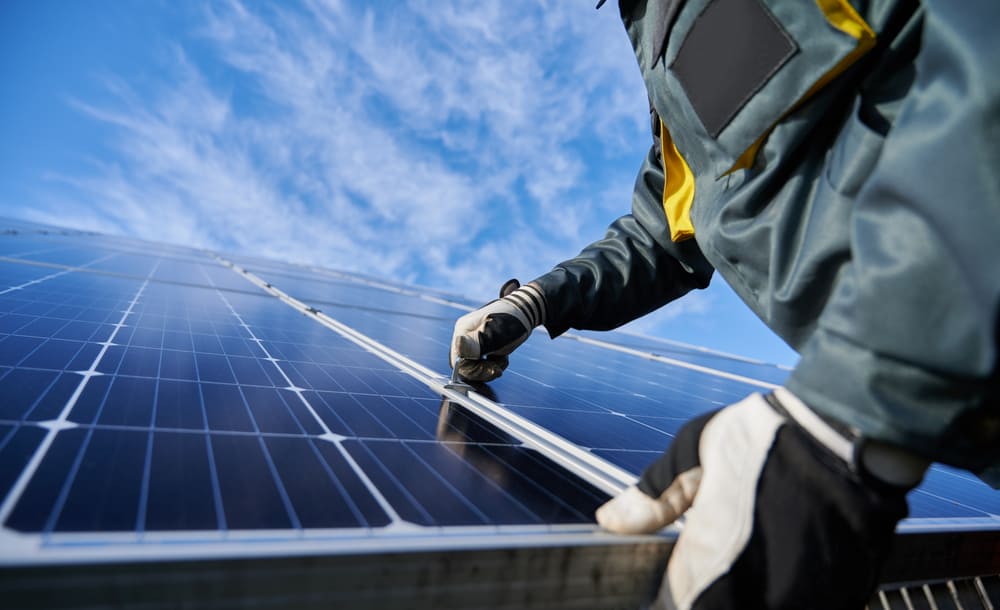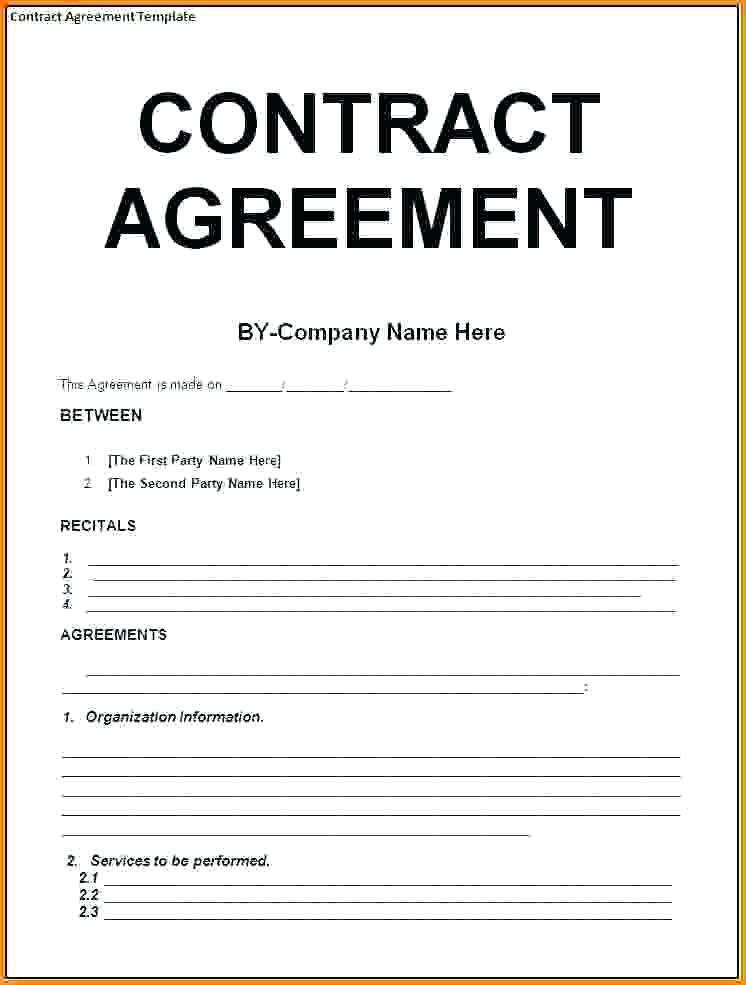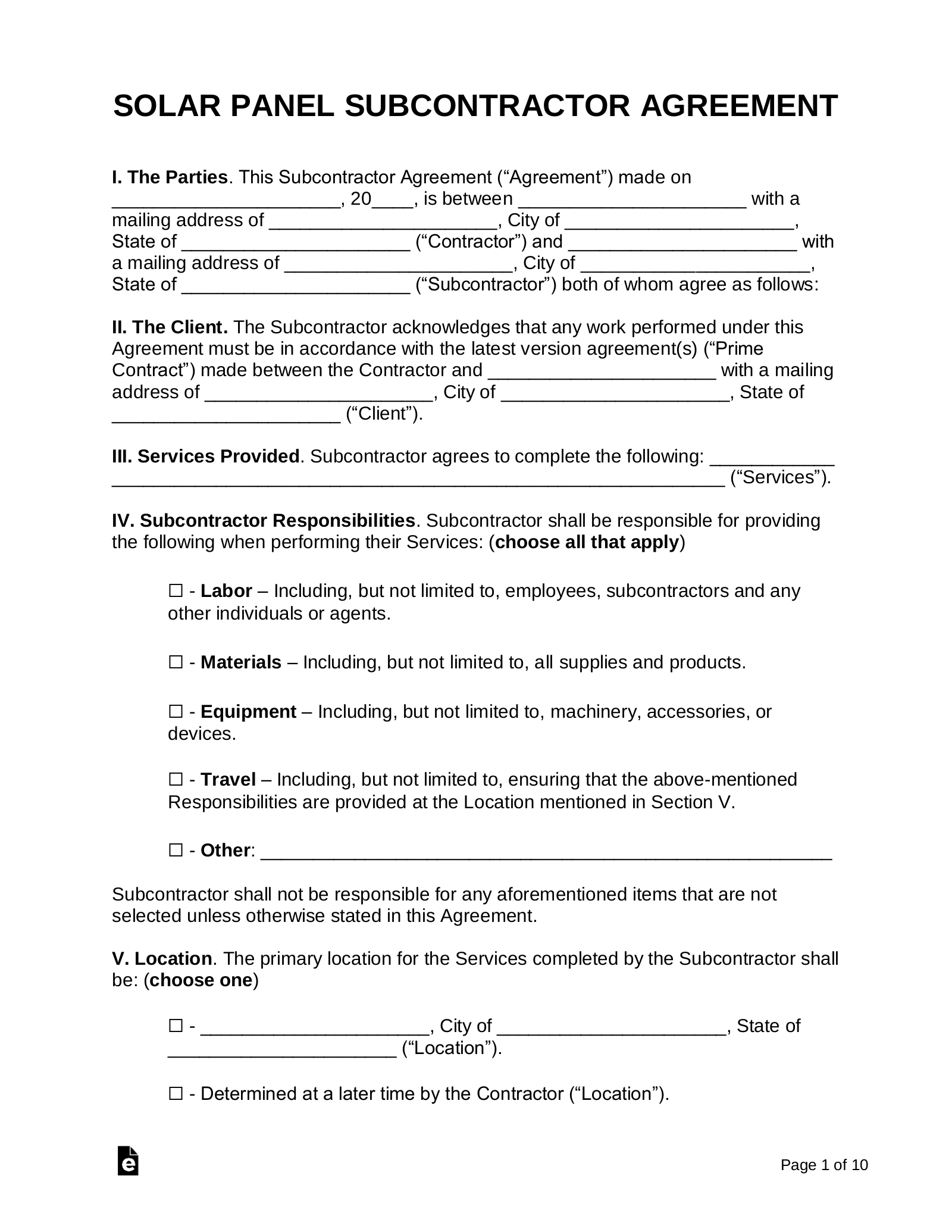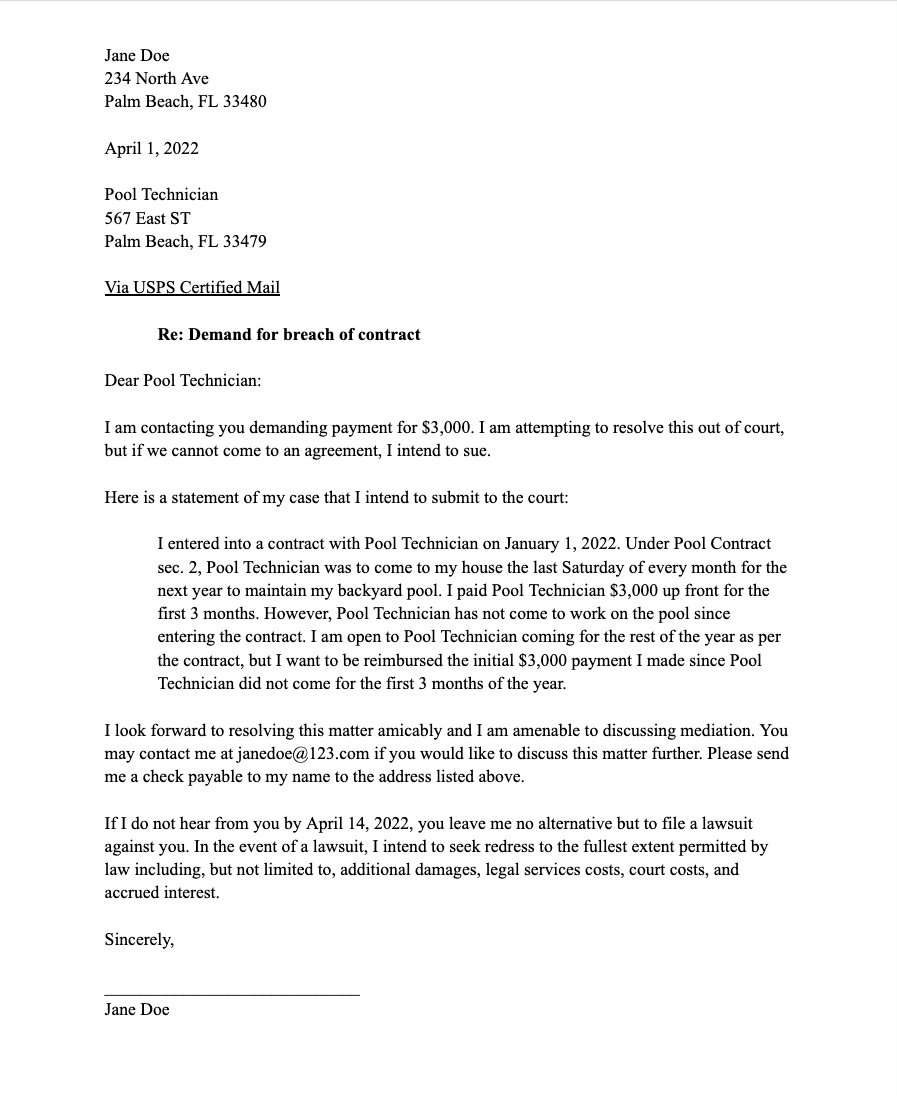How To Get Out Of Sunrun Contract
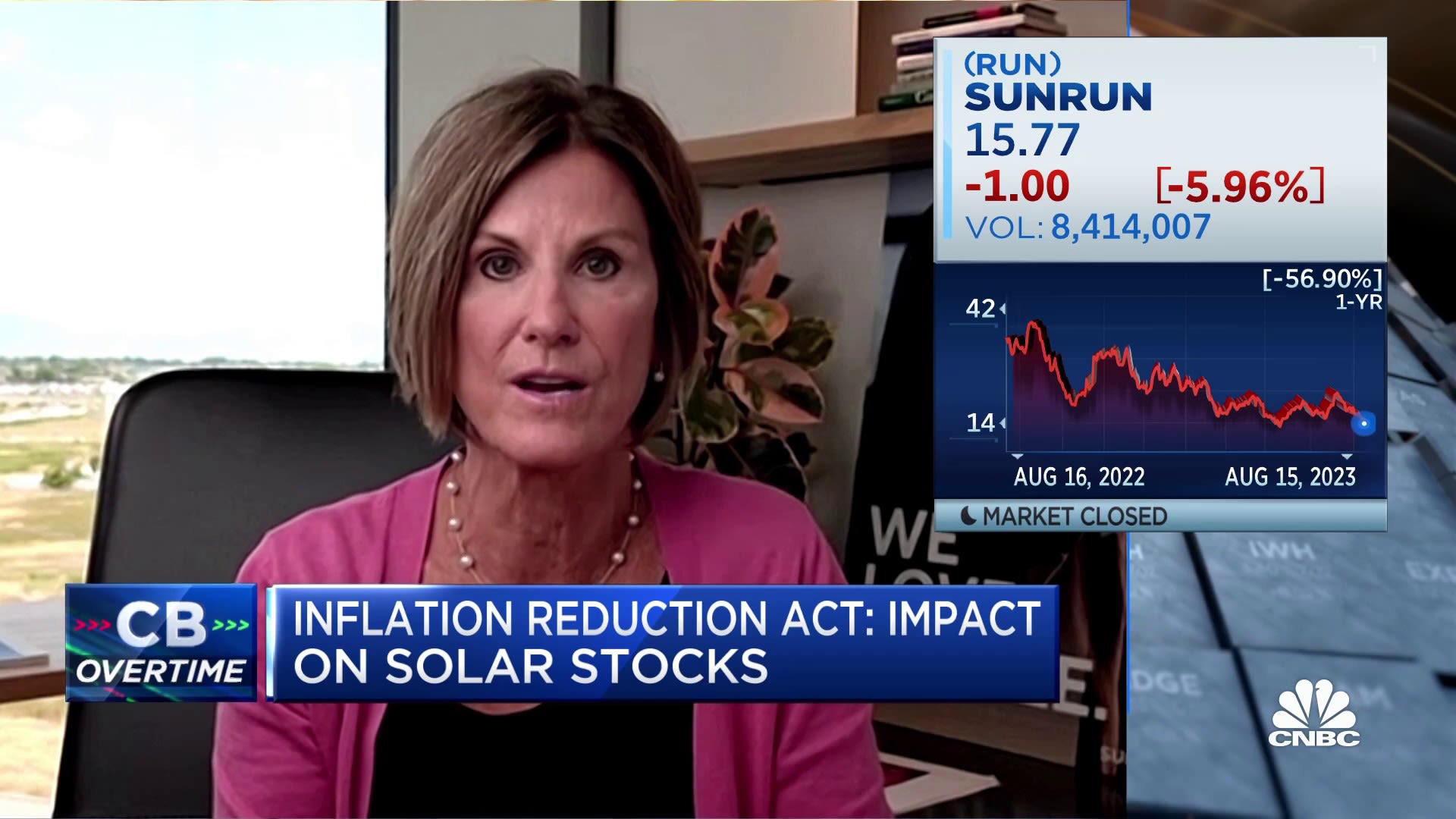
Trapped. That's the word many homeowners use to describe their relationship with Sunrun, one of the largest residential solar companies in the United States. What starts as an environmentally conscious decision to embrace clean energy can quickly devolve into a financial and legal quagmire, leaving individuals searching for a way out of long-term contracts and lease agreements.
Navigating the complexities of exiting a Sunrun solar agreement requires a meticulous understanding of contract terms, consumer protection laws, and available negotiation strategies. This article aims to provide a comprehensive guide for homeowners seeking to terminate their Sunrun contracts, outlining the potential hurdles, viable solutions, and necessary steps to achieve a favorable outcome.
Understanding Your Sunrun Contract
The foundation of any attempt to exit a Sunrun contract lies in thoroughly reviewing the specific terms and conditions. Most agreements are either a lease or a Power Purchase Agreement (PPA), each with unique stipulations regarding termination.
Lease agreements typically involve monthly payments for the use of the solar panels, while PPAs charge homeowners for the electricity generated by the system at a predetermined rate. Identifying the type of agreement is crucial because termination clauses can vary significantly.
Carefully examine sections pertaining to early termination fees, transfer options, and buy-out clauses. These sections will detail the financial implications and procedures involved in ending the contract prematurely.
Common Reasons for Wanting to Exit
Homeowners cite a variety of reasons for seeking to terminate their Sunrun agreements. Unexpected relocation is a major factor, as transferring the contract to a new homeowner can be challenging.
Financial burdens also play a significant role. Discrepancies between projected and actual energy savings, coupled with unexpected repair costs, can strain household budgets. Some homeowners find that the promised savings never materialized.
Dissatisfaction with system performance, including frequent outages or insufficient energy production, can also lead to contract disputes. These issues, when not adequately addressed by Sunrun, fuel the desire to exit the agreement.
Strategies for Terminating Your Contract
Several strategies can be employed to terminate a Sunrun contract, each with varying degrees of success.
Negotiation with Sunrun
The first step should always be direct negotiation with Sunrun. Contact their customer service department and clearly explain the reasons for wanting to terminate the contract.
Be prepared to provide documentation supporting your claims, such as energy bills, repair records, and any communication with Sunrun regarding system performance. A well-documented case strengthens your negotiating position.
Explore options such as transferring the contract to the new homeowner if you are selling the property or negotiating a buy-out price. Be aware that Sunrun may be unwilling to significantly reduce early termination fees.
Contract Transfer
Most Sunrun contracts allow for transfer to a new homeowner, but this process can be cumbersome. The prospective buyer must meet Sunrun's creditworthiness requirements and agree to assume the existing contract terms.
Marketing the home with the solar panels can be challenging if potential buyers are hesitant to take on the responsibility of the contract. Real estate agents familiar with solar leases can be valuable in navigating this process.
If a suitable buyer cannot be found, consider offering incentives, such as covering a portion of the remaining lease payments, to sweeten the deal.
Contract Buyout
A buyout involves paying Sunrun a lump sum to terminate the contract and own the solar panels outright. The buyout price is typically calculated based on the remaining value of the system and any associated financial obligations.
Obtain a detailed buyout quote from Sunrun and carefully evaluate whether it is financially feasible. Consider the long-term costs of continuing the contract versus the upfront cost of the buyout.
It's often beneficial to obtain an independent appraisal of the solar system's value to ensure that the buyout price is fair and reasonable. This can also provide leverage during negotiations with Sunrun.
Legal Recourse
If negotiations with Sunrun fail and you believe the company has violated the contract or engaged in deceptive practices, legal action may be necessary. Consult with an attorney specializing in consumer protection law and solar energy contracts.
Document all communication with Sunrun, including emails, phone calls, and written correspondence. This documentation will be crucial in building a legal case.
Consider filing a complaint with the Better Business Bureau or the state attorney general's office. These agencies can investigate consumer complaints and potentially mediate disputes.
The UCC and Solar Panels
The Uniform Commercial Code (UCC) governs the sale of goods, and while the application to solar leases can be complex, it might offer avenues for recourse in some situations. If the solar panels are deemed "goods" and Sunrun has breached warranties, UCC provisions could provide a basis for contract termination.
Consulting with an attorney experienced in UCC law is essential to determine if this avenue is applicable to your specific situation.
This is a complex area, and outcomes can vary depending on state laws and the specific details of the contract.
Protecting Yourself Before Signing
The best way to avoid the challenges of exiting a Sunrun contract is to thoroughly vet the agreement before signing. Obtain multiple quotes from different solar companies and compare the terms and conditions carefully.
Seek independent financial advice to assess the long-term costs and benefits of solar energy. Don't rely solely on the information provided by the solar company's sales representatives.
Read online reviews and check the company's rating with the Better Business Bureau. Look for patterns of complaints related to contract disputes or system performance.
Future of Solar Contracts
The solar industry is evolving, and consumer awareness regarding contract terms is increasing. As more homeowners become aware of the potential pitfalls of long-term solar agreements, there may be a push for greater transparency and consumer protection.
Legislators are beginning to scrutinize solar contracts, and some states are considering laws to regulate termination fees and ensure fair business practices. The trend points toward increased consumer rights in the solar market.
Homeowners seeking to exit a Sunrun contract should remain informed about changes in state and federal laws that may affect their rights. Consulting with legal professionals specializing in solar energy contracts can provide valuable guidance.
Exiting a Sunrun contract can be a complex and frustrating process, but it is not insurmountable. By understanding your contract, exploring available options, and seeking professional advice when necessary, homeowners can navigate the challenges and achieve a resolution that meets their needs. Knowledge and persistence are key to a successful outcome.

